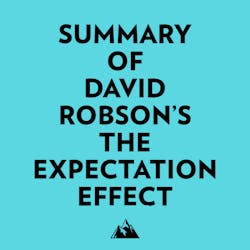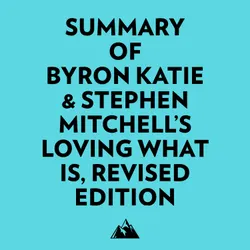Please note:This audiobook has been generated using AI Voice. This is a companion version & not the original book.
Sample Book Insights:
#1 Star Trek has always aimed to be cultural literacy, and the show has quotations from Shakespeare throughout its episodes. The middle of the play, where the French princess and her attendant speak French, is a clear example of that.
#2 The premise of French-English translation being easy to understand is a common one in science fiction, as it allows the audience to follow along. However, the assumption that different languages simply name the things of the world differently is not always true.
#3 The picture of language that Wittgenstein sought to escape is the one that we saw embodied in Henry V, which he found in St. Augustine’s account in his Confessions. It states that language simply names objects, and that every word has a meaning that is correlated with the word.
#4 For Wittgenstein, the meaning of a word is not its correspondence to a thing, but the way it is used in the world to make sense of it. He argues that language and life are inseparable, and that to understand language, we must understand life.












